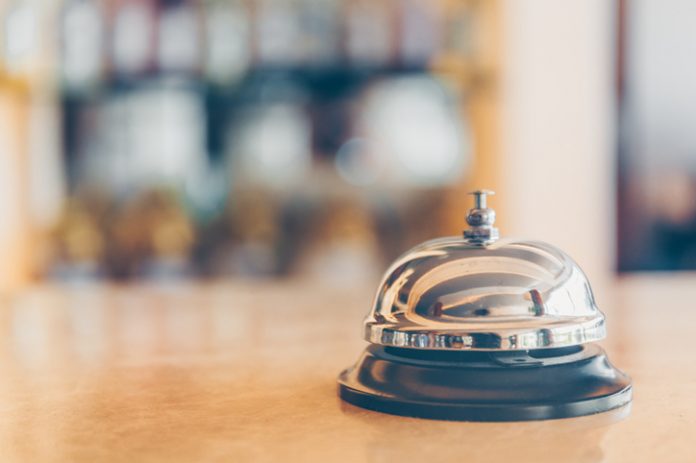
On March 11, 2020, the World Health Organization declared COVID-19 to be a pandemic. The hospitality and lodging industry is experiencing unique challenges during this difficult time. Susan N. Eisenberg and Jennifer T. Williams, labor and employment attorneys in the Miami office of Cozen O’Connor, answer three common COVID-19 questions that have been coming up.
1Is my hotel’s coronavirus response plan active?
OSHA recommends considering “where, how, and to what sources” your workforce might be exposed to potential infections and implement basic infection prevention measures; for example, canceling large corporate events, conventions, or other social gatherings of people in close proximity, creating mandatory hygiene controls, intensified janitorial cleaning of common areas, allowing employees to telecommute where possible, and implementing a temporary, relaxed, and non-punitive sick leave policy as well as encouraging and/or requiring employees who display observable symptoms to stay home. One outside-of-the-box solution for hotel bars and restaurants is to block off every other table to ensure a minimum distance between patrons and move pool furniture away from the pool/spa areas to ensure that groups do not congregate.
An integral part of an employer’s coronavirus response plan should identify issues and personnel critical to the continued operation of their business in the near-term. For example, what is the minimum number of employees needed to sustain business operations? Who is responsible for making the decisions to close or re-open the business or impacted portions of the business? Under what criteria will these decisions be made? What personnel should be designated to communicate with state and local health officials and with employees?
2Can employers require employees to self-report and send employees home?
Employers have a right to exclude workers who may pose a direct threat to the health and safety of their coworkers. According to guidance issued by the EEOC, “During a pandemic, employers should rely on the latest CDC and state or local public health assessments.” Accordingly, an employee exhibiting symptoms of coronavirus in the workplace should be sent home as recommended by public health officials and such actions would be excluded from the discrimination protections under the ADA. It is important to note that employees sent home after reporting to work may be entitled to minimum compensation under state or local laws or an applicable collective bargaining agreement.
Both the Center for Disease Control and the Equal Employment Opportunity Commission confirm that employers may request relevant medical information from employees during a pandemic. This may include asking employees to disclose the reasons for an absence, asking if they or their family members have symptoms, and requiring temperature checks at facilities. These measures must be based on legitimate business circumstances and be reasonable in light of the current health situation. However, employers must still comply with federal and state law prohibitions on discrimination; for example, it would not be acceptable to conduct body temperature checks on all of your Asian employees on the basis of their race or national origin.
3Do employees have to be paid during this time period?
It depends on the employee’s exempt/non-exempt classification under the federal Fair Labor Standards Act (FLSA). Employers only need to pay non-exempt employees for the actual hours they work. Exempt employees, on the other hand, generally are entitled to receive their regular salary for the full week if they perform any work during that week. On a related note, any changes to terms and conditions of employment for unionized employees need to be negotiated with the union. Since face-to-face meetings may be impractical at this point, the employer should notify the union in writing as soon as possible regarding any changes that are being considered and invite the union to communicate in writing any comments or concerns it may have. These issues should be resolvable through phone communications with a union representative and any changes should be memorialized in a written agreement.
Editor’s Note: On March 18, Congress passed the Families First Coronavirus Response Act that includes federally-mandated paid leave for some private-sector workers.











